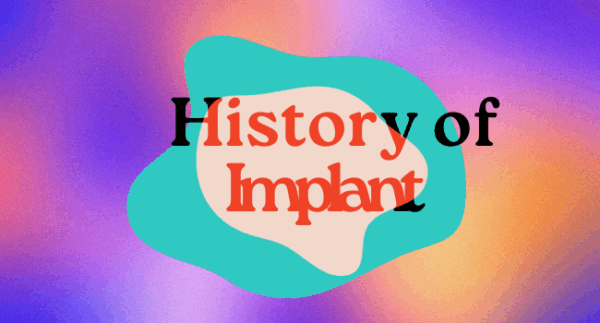Insights: Tips for Addressing Challenging Questions
Written by Lily Van Tongeren, MD and Maya Bass, MD MA FAAFP
During options counseling and abortion care, clinicians and support staff are often asked challenging questions about the abortion process. These inquiries can range from scientific to deeply spiritual in nature.
Questions such as “Is there a heartbeat?” and “Does the baby feel pain?” can be answered in clear, simple, factual ways, using evidence-based research and data to support the answers. While healthcare clinicians often try to mirror patient language to foster better communication, build trust, and enhance patient understanding and engagement, it is critical that medically accurate terminology be used. For example, when answering a question such as “Is there a heartbeat?” appropriate terminology depends on the gestational duration of pregnancy. If the pregnancy is less than eight weeks, the cardiac chambers and valves have not yet formed, and therefore, the sounds transmitted through the ultrasound machine represent electronic impulses of embryonic cardiac cellular activity. After eight weeks gestation, these sounds represent fetal cardiac activity as the major cardiac structures are identifiable by about 9 weeks gestation.1-2 You could explain to a patient, “Before eight weeks, the heart isn’t formed yet. What we hear is a small group of cells sending signals to each other. By around nine weeks, these cells develop into a more defined heart structure, and the sounds we hear become more representative of a heartbeat.” In response to “Does the baby feel pain?” It is crucial to rely on current scientific understanding. Available research indicates that the neural pathways necessary for pain perception do not develop in a fetus until at least 24 weeks of gestation.3
Addressing existential or spiritual questions, such as “Am I going to hell?” or “What if I regret it,” requires sensitivity and respect for the patient’s beliefs. These questions often reflect the patient’s deep-seated fears and moral concerns. The depth of religious or moral conversations will likely vary depending on clinician’s comfort level. One approach can be to acknowledge the emotional weight of these questions without answering them directly and to direct patients to spiritual advisors or counselors through organizations such as Faith Aloud. Effective communication in these scenarios involves active listening, validating, and normalizing the patient’s feelings. For example, you can let the patient know that others have expressed similar emotions and thoughts before, or just affirm that you are in support of their decision, no matter the circumstances. Findings from a comprehensive longitudinal research study, the Turnaway Study, indicate that over 95% of patients reported that having an abortion was the right decision for them five years after the procedure.4 When addressing potential regret, it can be helpful to highlight that hindsight is clearer than foresight, as this mindset can facilitate self-compassion. There are also free workbooks available at pregnancyoptions.info, which can be particularly beneficial for those seeking additional emotional and spiritual guidance. The availability of such tools can help validate patients’ experiences and acknowledge the normalcy and commonality of their concerns and feelings.
Providers should strive to create a nonjudgmental space where patients feel comfortable discussing their concerns openly. Many questions regarding abortion may be driven by myths and anti-abortion rhetoric, and it’s important to address and correct misinformation that may be the source of their questions. By combining accurate medical information with empathy and respect, abortion providers can address challenging questions effectively, ensuring that patients feel supported and empowered in their decision-making process.
RHAP Resources:
Abortion and Early Pregnancy Loss (Miscarriage) Counseling Resources
Download and print our resources for free from our website or visit our store to buy physical copies!
Partner Resources:
Faith Aloud
ReproCare
Provide: Practice Guide for All-Options Pregnancy Counseling
OARS Framework
PregnancyOptions.info
Sources:
Pharma-free: The Reproductive Health Access Project does not accept funding from pharmaceutical companies. We do not promote specific brands of medication or products. The information in the Insights is unbiased, based on science alone.
Sign-up to Receive Insights Monthly!
If you enjoyed this Insights, sign up to have them delivered to your inbox! Insights are released on the fourth Tuesday of every month!
Sign-up to Receive Contraceptive Pearls Monthly!
If you enjoyed this Insights article, then check out our Contraceptive Pearls! Contraceptive Pearls are monthly highlights focusing on best practices in patient-centered, evidence-based contraceptive care. Read our latest Pearl here. You can sign up to have Contraceptive Pearls delivered to your inbox! Contraceptive Pearls are released on the third Tuesday of every month!

